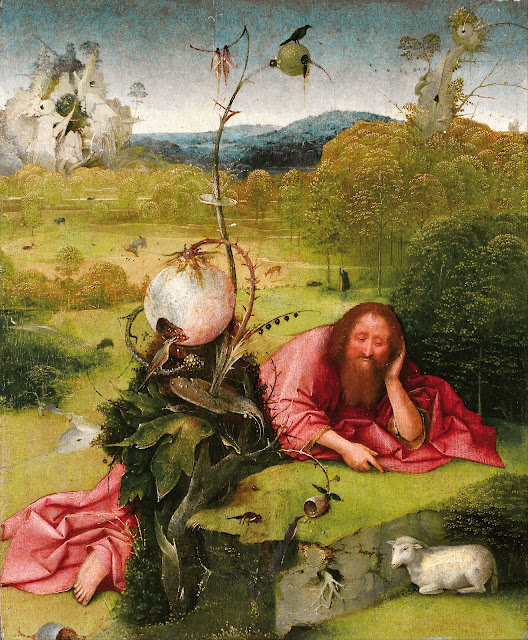Even Chrysippus has no right to do so, if he is only expounding the will of Nature, and does not follow it himself: how much less his interpreter.
I used to think that taming inordinate sensual desires was the greatest challenge to my happiness; it is one thing to feel a passion, but another to be enslaved by it. I now recognize an equally dangerous obstacle, the nagging lure of vanity; it is one thing to receive fame, but another to deliberately seek it out.
Why get so distracted by looking good, when the real task at hand is being good?
If the teacher’s first calling is to interpret the truth, then he is bound to its service. Why, then, would he try to make himself the center of attention? He gladly defers to the order of Nature, and he is content to play his small part within the glory of the whole. Any honors he might win are dedicated right back to the dignity of the message, not exploited to feed the ego of the messenger.
The real teachers prove this commitment by the selfless deeds that follow through on the noble words. He will stumble, of course, as we all must, though he then gets right back up and tries again.
I am wasting my time if I listen to a Chrysippus, or an Epictetus, to be charmed by a force of personality, or to bask in some light of association. If he demands my adulation and asks me to kiss his ring, I am well advised to head for the hills.
I think it no accident that the best teachers I have had, the interpreters who were true to their vocation, never sought to glorify themselves, to sell any sort of image. There were others who published books with fawning blurbs and posed pictures on the cover, and went on lecture tours to delight in the applause, yet everything seemed to be about putting on a show. The ones who really made a difference always bowed to something far greater.
The wise man, therefore, is like an emissary or a mediator, and those who are drawn close to him are in turn lifted up to a higher ground. His own significance can then diminish, as when John the Baptist stepped aside for the one whose sandal he was not worthy to untie.
What use is the priest who dwells upon the ritual without directing it toward God?
What purpose is there in the study of logic without the end of improving character?


No comments:
Post a Comment